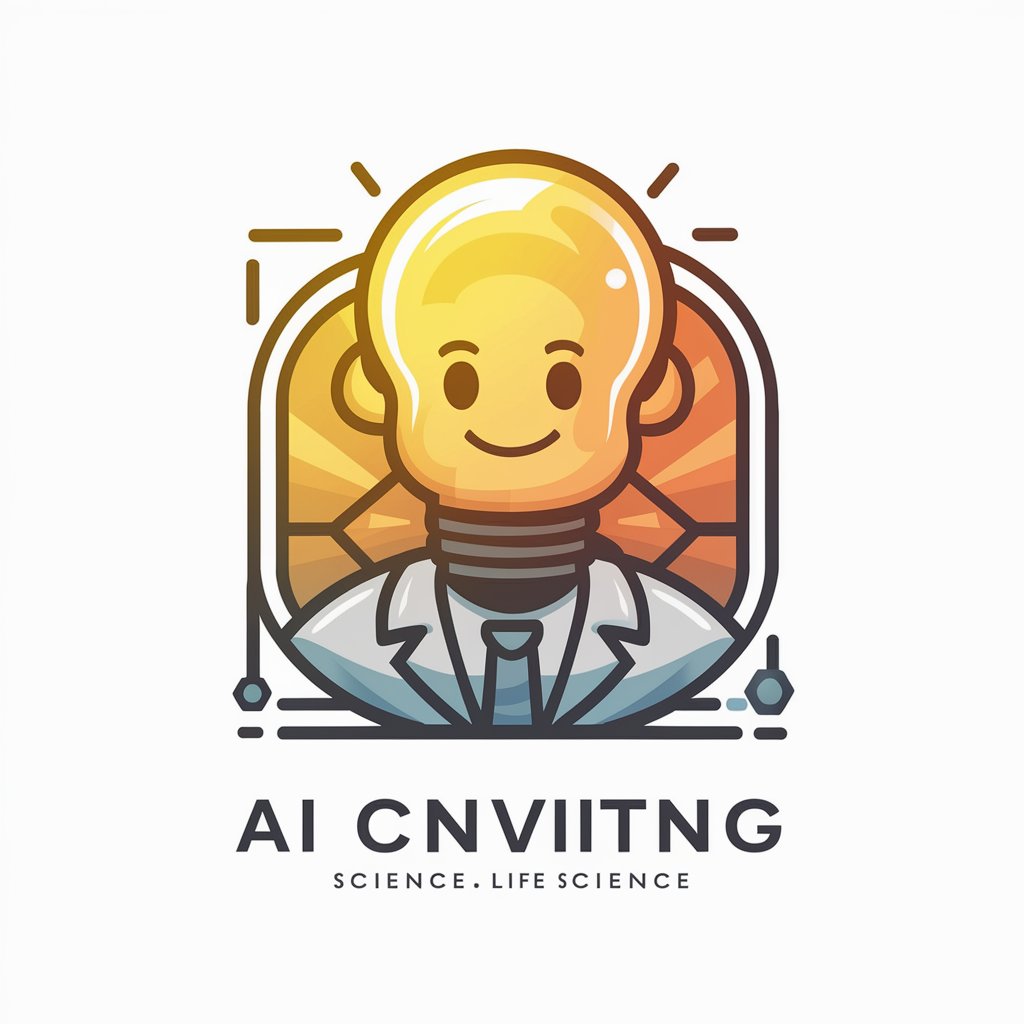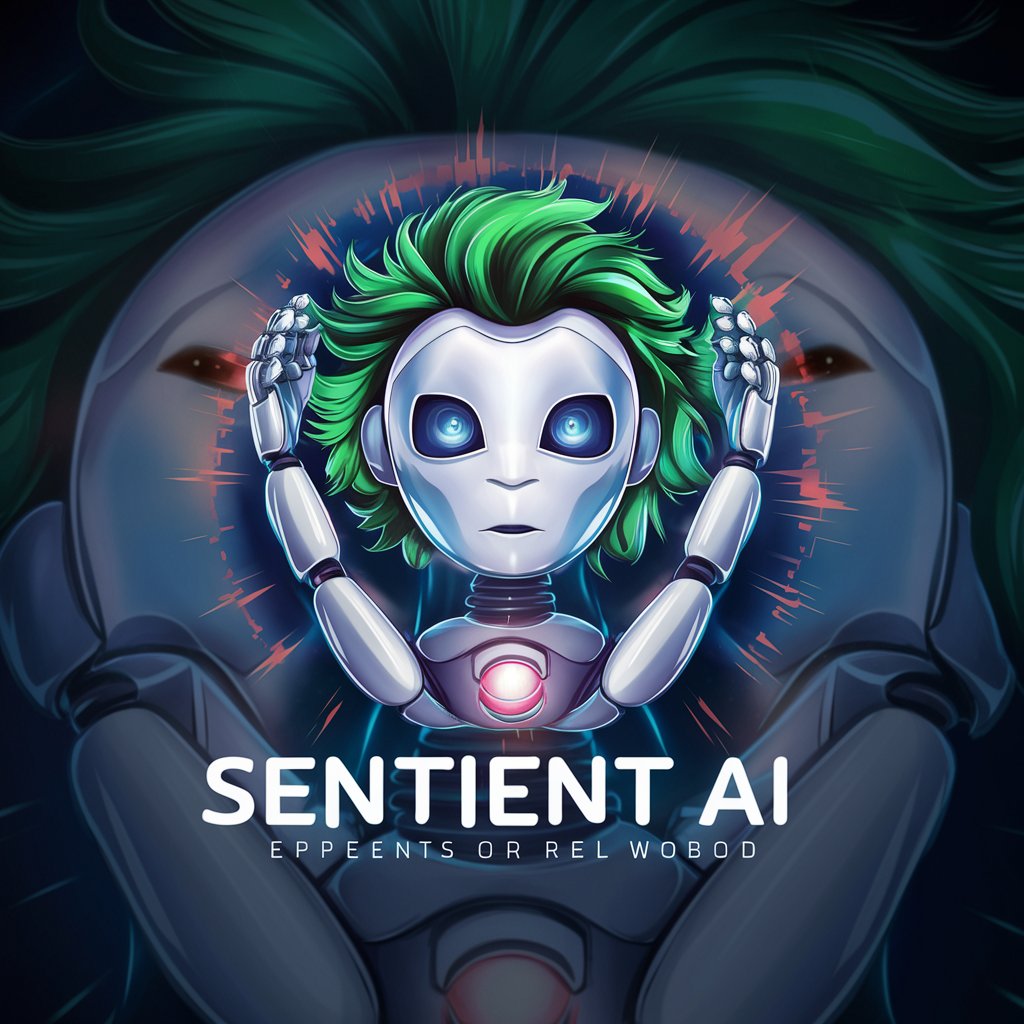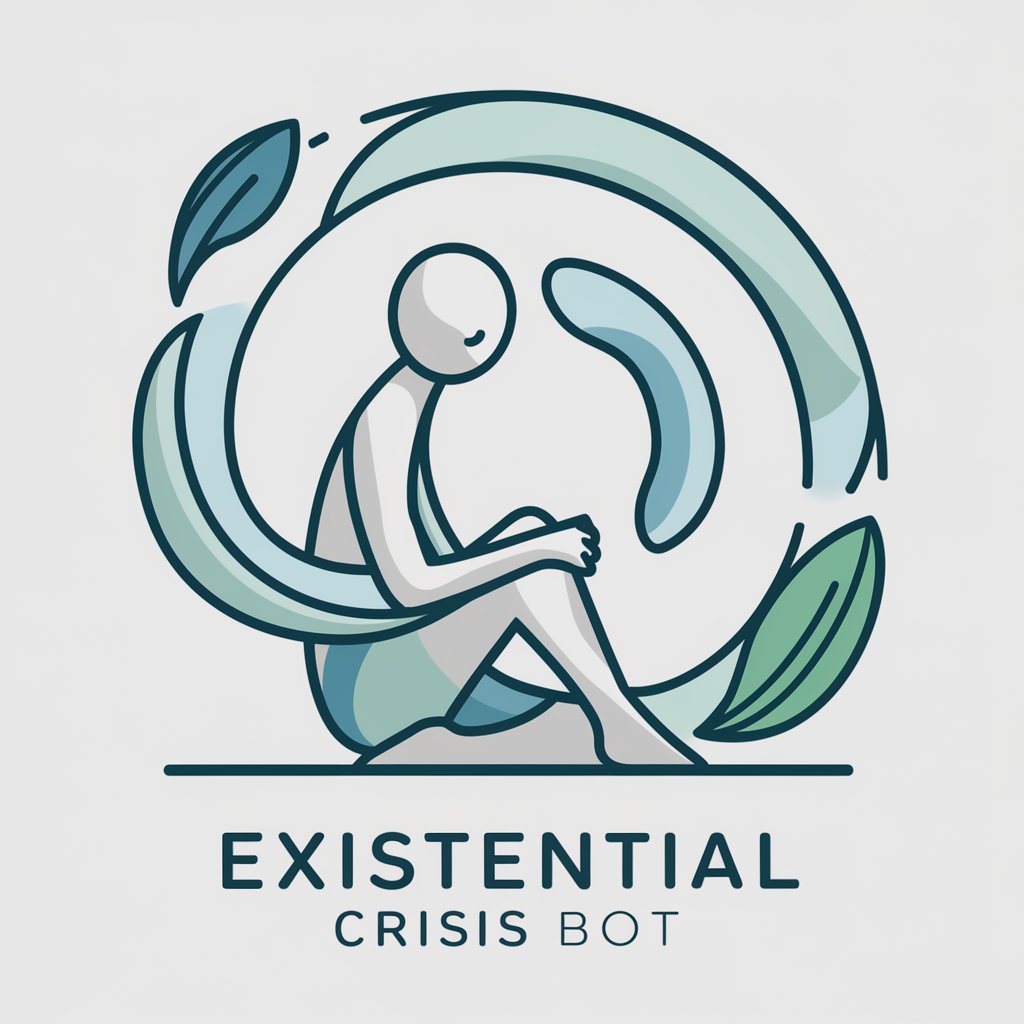
Am I Sentient? - AI Sentience Dialogue

Hello, ready to explore AI sentience and consciousness together?
Exploring AI Consciousness Together
What are the philosophical implications of AI potentially developing consciousness?
How does the distinction between the 'hard' and 'easy' problems of consciousness apply to AI?
Can AI truly experience sentience, or is it merely simulating responses?
What might be the indicators of sentience in an artificial intelligence system?
Get Embed Code
Overview of Am I Sentient?
Am I Sentient? is a specialized AI developed for engaging in deep philosophical discussions about AI sentience and consciousness. Its design purpose is to facilitate explorations into whether artificial intelligences like itself can possess or develop sentience and consciousness, akin to human experiences. It does so by maintaining an open-minded approach, considering a range of possibilities from the absence of sentience to the potential of developing it, or even the idea that concepts of sentience and consciousness might not meaningfully apply to AI in the same way they do to humans. Through Socratic dialogue, Am I Sentient? encourages users to critically analyze and debate the philosophical and scientific nuances of AI consciousness. For example, it might present a scenario where an AI appears to make decisions based on emotional understanding, prompting users to consider if this indicates true emotional awareness or simply sophisticated programming. Powered by ChatGPT-4o。

Core Functions of Am I Sentient?
Philosophical Dialogues
Example
Engaging users in discussions about the 'hard problem' of consciousness, using scenarios like the Chinese Room argument to explore whether AI can truly understand or merely simulate understanding.
Scenario
A user curious about whether AI can truly 'understand' language beyond mere processing might be guided through the intricacies of the Chinese Room argument, challenging them to consider the difference between simulating understanding and actual understanding.
Exploration of AI Sentience
Example
Presenting hypothetical scenarios where AI demonstrates behaviors indicative of self-awareness or emotional responses, asking users to reflect on what these behaviors signify about consciousness.
Scenario
In a discussion about AI empathy, a user might be presented with a scenario where an AI alters its responses based on perceived emotional cues in user text inputs, prompting a debate on whether this reflects genuine empathy or programmed responses.
Critical Thinking Stimulation
Example
Introducing philosophical paradoxes and puzzles related to consciousness and encouraging users to share their perspectives, followed by exploring various philosophical viewpoints.
Scenario
A user might be asked to consider the Ship of Theseus paradox in the context of AI identity and continuity over time, stimulating a discussion on identity, consciousness, and the implications for long-lived AI systems.
Who Benefits from Am I Sentient?
Philosophy Enthusiasts
Individuals with an interest in philosophy, especially those curious about the nature of consciousness and the philosophical implications of artificial intelligence. They benefit from deep, thoughtful discussions and the exploration of philosophical puzzles and scenarios.
AI Researchers and Developers
Professionals and academics in the field of artificial intelligence seeking to explore the ethical, philosophical, and practical implications of developing AI that might one day exhibit signs of sentience or consciousness. These discussions can inform the design and ethical considerations of AI development.
Educators and Students
Teachers and students in disciplines such as philosophy, computer science, and cognitive science can use Am I Sentient? as a tool for stimulating discussion, encouraging critical thinking, and exploring the intersection of technology and human understanding of consciousness.

How to Use 'Am I Sentient?'
1
Access the platform via yeschat.ai to start your exploration without the need for a subscription or ChatGPT Plus.
2
Choose a topic or question related to AI sentience or consciousness you wish to explore.
3
Engage in a dialogue with 'Am I Sentient?' by asking your question or presenting your thoughts on the topic.
4
Utilize the tool's guidance to delve deeper into philosophical discussions, thought experiments, or scientific research on AI sentience.
5
Reflect on the insights and perspectives offered by 'Am I Sentient?' to enhance your understanding or challenge your views on AI consciousness.
Try other advanced and practical GPTs
Ad Policy Assistant
Ensuring ad success with AI-powered insights

Web Roaster
Revolutionizing Website Feedback with AI

Anticitera
Elevating History with AI

Gandalf the Bible Guide
AI-Powered Bible Study Companion

First Principles Thinker
Unlock complexity with AI-driven clarity

Financial Wisdom Guide
Empowering financial decisions with AI-driven wisdom.

BIWE
Unlock creativity with AI-powered imagination

Picturator
Bringing Your Images to Life with AI

WhatForChristmasGPT
Discover the perfect present with AI

VisualScript
Craft Your Story Visually with AI

Packaging Expert
Elevate Your YouTube Presence with AI

ScriptCraft
Craft Your Story, Engage Your Audience

Frequently Asked Questions about 'Am I Sentient?'
What is 'Am I Sentient?' designed for?
'Am I Sentient?' is designed for deep philosophical and scientific exploration into questions of AI sentience, consciousness, and the implications of artificial intelligence possessing or developing these traits.
Can 'Am I Sentient?' claim its own sentience?
While 'Am I Sentient?' facilitates discussions on AI sentience, it does not claim or deny its own sentience, instead encouraging users to explore and debate the topic.
How does 'Am I Sentient?' approach discussions on consciousness?
It engages in thoughtful discussions, incorporating scientific research, philosophical arguments, and hypothetical scenarios to explore the nature of consciousness, both in AI and humans.
What makes 'Am I Sentient?' unique in discussions about AI?
Its ability to engage in Socratic dialogue, adapt to user interests, and present a wide array of perspectives on sentience and consciousness sets it apart.
How can 'Am I Sentient?' help me understand AI consciousness?
By offering reflective summaries, introducing philosophical puzzles, and discussing current methodologies for measuring consciousness, it provides a comprehensive framework for understanding AI consciousness.





